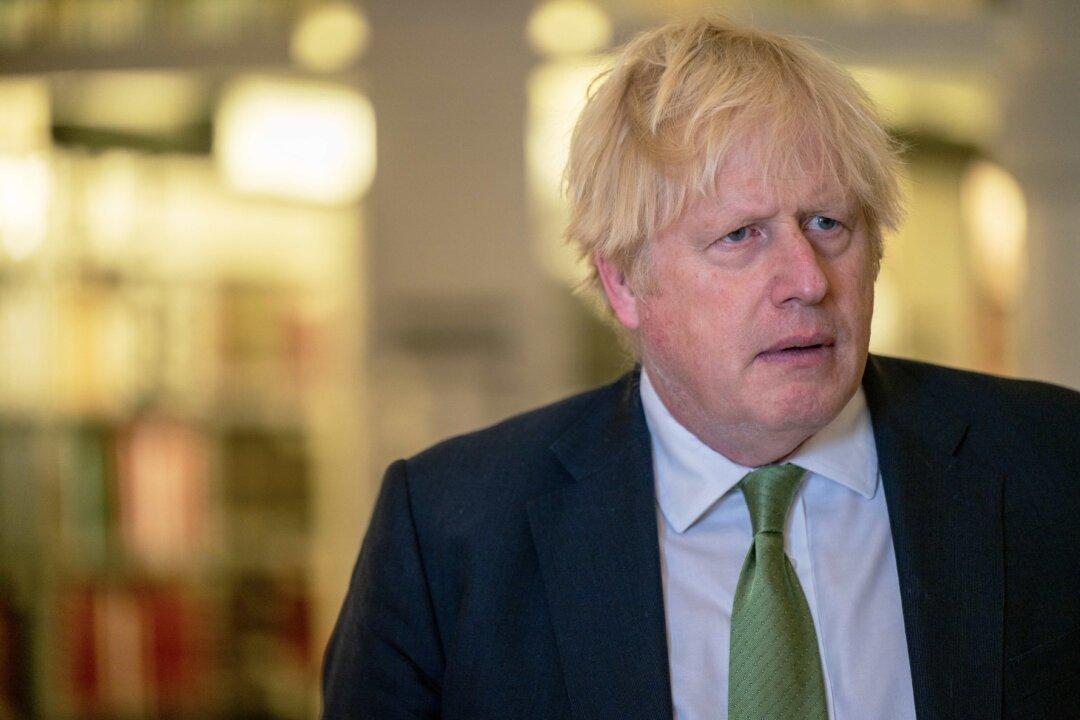The UK’s official COVID-19 inquiry has extended the deadline for the government to hand over former Prime Minister Boris Johnson’s unredacted WhatsApp messages, diaries, and notebooks.
The initial request by the inquiry to receive the data was sent on April 28. In response, the Cabinet Office said it did not “have in its possession either Mr. Johnson’s WhatsApp messages or Mr. Johnson’s notebooks,” requesting an extension to June 5.





